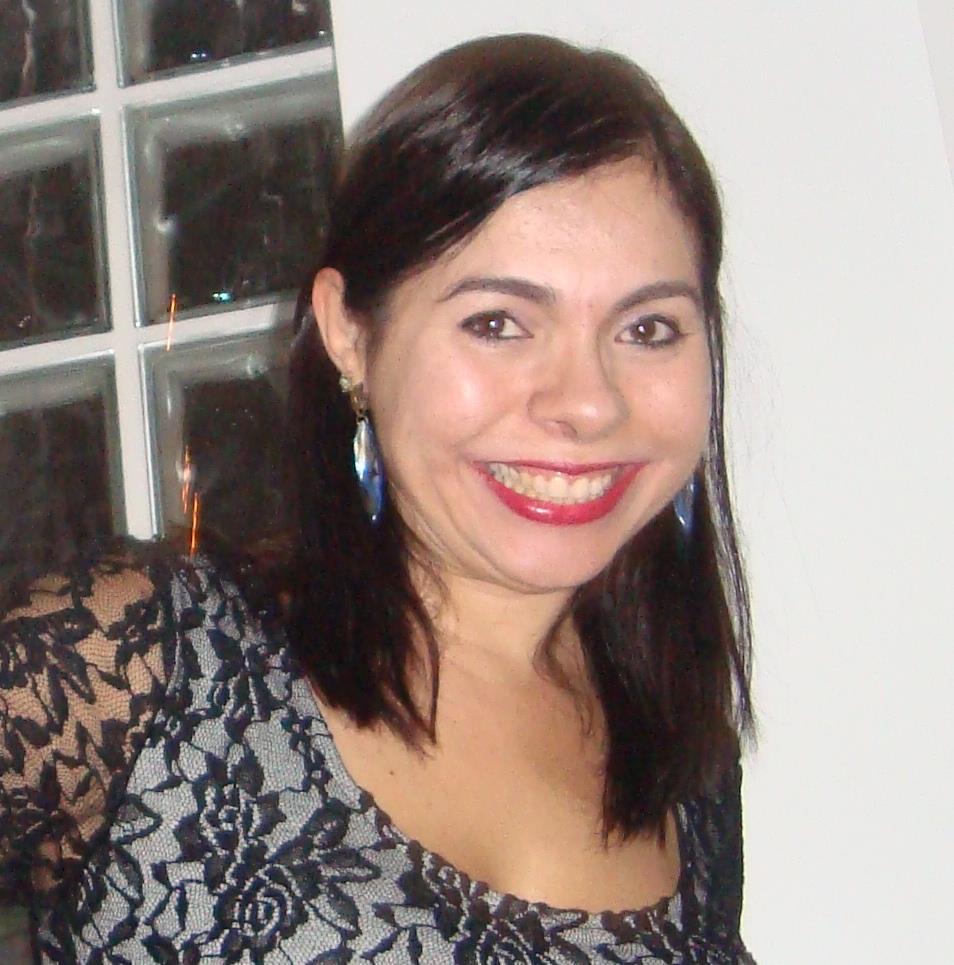Why teachers need a pronunciation dictionary
A teacher who is worried about his or her language development has many avenues to pursue, pronunciation being only one of them. On that matter, though, here is a tip: don’t snub pronunciation dictionaries!
I know what you are thinking, “Why on earth would people need pronunciation dictionaries if regular dictionaries (even those online!) have the audio and/or the phonetic transcription?”
First, let me say why the audio is not good enough: our ears deceive us sometimes. I had been studying English for 15 years and teaching it for 8 when a teacher assistant called me out on the pronunciation of “color” (I’ll be forever grateful, Alexandre Santoro!). I ask you now, however, how often you think I would have come across the word “color” in spoken English. Possibly hundreds of times, right? Yet I had never noticed it was supposed to sound different from “collar”… If only I had checked the transcription, I wouldn’t have spent a whole lesson drilling the wrong pronunciation into my Young Learners’ little heads – oh, the horror!
Of course a regular learner’s dictionary would have sufficed in that instance. Granted, a pronunciation dictionary should not be your first buy if you are short of cash. However, I still maintain a good pronunciation dictionary is a key tool in a teacher’s library.
First of all, pronunciation dictionaries will list proper names, only some of which regular dictionaries have. I give you Cambridge Pronouncing Dictionary (2011):

Secondly, pronunciation dictionaries provide us with many alternative pronunciations. You might think you only need to know the most common pronunciations, but knowing variations will help you not to correct or discriminate pronunciations that are perfectly possible in different standards of English.
Case in point: the word “vehicle”. Let’s say you are watching a movie in English and the actor says ‘vehicle’ with an audible [h] sound. Then you ask yourself how you would pronounce that word and you go, “Mmm, ‘vehicle’ to me had a silent ‘H’…” If you are anything like me, by now you will have started second-guessing yourself, “Have I always mispronounced ‘vehicle’? Maybe the actor said another word and I completely misunderstood it…” Well, look the word up in most regular dictionaries, and you will think you are hearing things. Look it up in a pronunciation dictionary, and you will see that you probably did hear what you think you heard: ‘vehicle’ can be pronounced the way the actor said it. So there… Ears vindicated.
Thirdly, while regular dictionaries will only show you standard pronunciations, a good pronunciation dictionary will also let you know the non-standard variations. Showing that to students has helped me previously with those who would use a non-standard pronunciation because they heard it from native speakers. Instead of saying, “No, that pronunciation doesn’t exist,” which is simply not true, you can use the dictionary to help them realize that the pronunciation is really out there, but may be discriminated against in certain contexts. To drive the point home, I ask them what they think of the pronunciation ‘pobrema’ for the word spelled ‘problema’ (and you’d be surprised how many Brazilian students deny its existence!). If they think ‘pobrema’ is right or wrong is beside the point: ‘pobrema’ is indeed said by many native speakers of Brazilian Portuguese. To belittle someone for saying ‘pobrema’ is linguistic prejudice, not the nicest thing to do. However, if you are representing your company or looking for a job, you are probably better off steering clear of that pronunciation if at all possible.
Let me leave you all with a final for instance of the use of pronunciation dictionaries. Higor Cavalcante, the author of the great “Inglês para Professor”, said on his book page that he was watching a Friends’ rerun (I suppose loving Friends is almost a job requirement in Brazilian ELT, if my friends and I are anything to go by) and found Phoebe’s pronunciation of ‘mischievous’ surprising. One does not get many chances to say the word, but he would have guessed the stress fell on the second syllable, ‘misCHIEvous’. The character, though, had said, ‘MISchievous’. Funnily enough, I had heard the same comment from a British-born English language teacher. With eyes wide open, he turned to me and an American classmate and exclaimed, “Did you know it’s ‘MISchievous’, not ‘misCHIEvous’? It just sounds sooo wrong!” Back then, I was curious to see whether his pronunciation was listed in the dictionary, and guess what: it wasn’t. No dictionary I checked then* had ‘misCHIEvous’… except pronunciation dictionaries. Here are prints of Longman Pronunciation Dictionary CD-Rom, which Henrique Pereira Moreira kindly took for me and Higor:
As you see, both pronunciations are possible, but the stress in the first syllable is the only option in American English and the most frequent one (65%) in British English. Yet ‘misCHIEvous’ is there represented by 35% of British speakers. There is also a graph showing the pronunciation by age group: the younger you are, the more likely you are to pronounce it the way Higor and my British friend wanted to. You know, because they are so hip, cool, and with it.
***************************************
*Later I found this entry in Oxford Dictionaries claiming the four-syllable pronunciation with the stress on ‘CHIE’ was wrong, but didn’t comment on the three-syllable pronunciation with the stress on ‘CHIE’. You see how the explanation in the Longman Pronunciation Dictionary is much richer.
Here’s Cambridge Pronouncing Dictionary on it:









